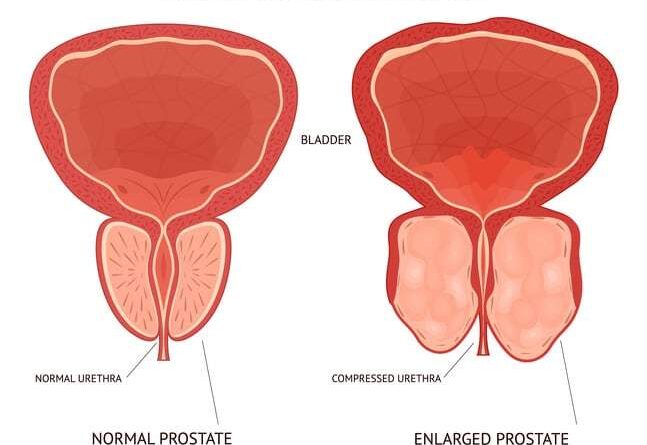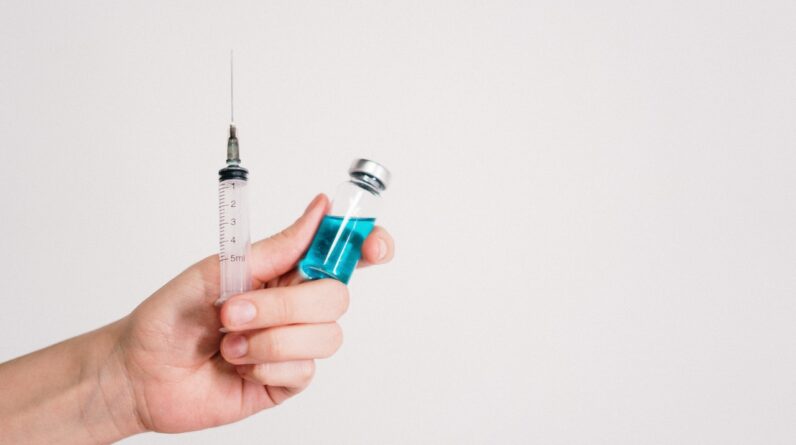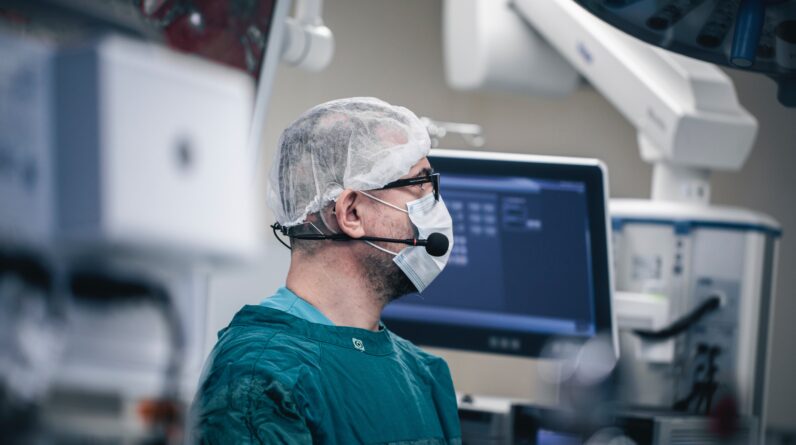
Understanding Prostate Cancer
What is Prostate Cancer?
Prostate cancer is a common type of cancer that occurs in the prostate, a small gland that produces seminal fluid in men. This disease often grows slowly and initially remains confined to the prostate gland, where it may not cause serious harm.
Risk Factors of Prostate Cancer
Several risk factors influence the likelihood of developing Prostate cancer. Age is a significant factor, with the risk increasing as men get older. Genetic factors and family history can also play a role.
Radiation Therapy for Prostate Cancer
What is Radiation Therapy?
Radiation therapy is a treatment used to kill cancer cells and shrink tumors. It uses high-energy radiation to damage cancer cells’ DNA, preventing them from dividing and growing.
Benefits of Radiation Therapy
Radiation therapy can be an effective way to treat prostate cancer, especially in early stages. It can also be combined with other treatments for a more comprehensive approach.
Urinary Problems After Radiation Therapy
The Urinary System and Radiation
Radiation therapy, while effective, can have some side effects, including urinary problems. This is because the radiation may also affect the nearby bladder and urethra.
Potential Urinary Side Effects
Some men may experience urinary incontinence, urgency, or discomfort during urination after radiation therapy. The severity of these side effects usually depends on the individual and the specific treatment parameters.
Managing Urinary Problems Post-Radiation
Medical Treatments
There are several treatments available to manage urinary side effects, including medications, pelvic floor exercises, and in some cases, surgery.
Lifestyle Adjustments
In addition to medical treatments, lifestyle changes such as maintaining a healthy diet, staying hydrated, and limiting caffeine and alcohol can help manage urinary side effects.
Proactive Steps Towards Preventing Urinary Problems
Prioritizing Communication with Healthcare Provider
Always discuss any potential side effects with your healthcare provider before starting treatment. They can provide tips for managing and possibly preventing urinary problems.
Importance of Regular Check-ups
Regular check-ups and screenings can help detect and address any urinary problems early, making them easier to manage.
Final Thoughts
Radiation therapy can cause urinary problems in some men with prostate cancer. However, these side effects can often be managed and sometimes prevented. Always communicate openly with your healthcare provider to ensure the best possible outcome.
FAQs:
- What is Prostate cancer?
- Prostate cancer is a form of cancer that occurs in the prostate — a small, walnut-sized gland that produces the seminal fluid in men.
- What is radiation therapy?
- Radiation therapy is a type of treatment that uses high energy radiation to kill cancer cells and shrink tumors.
- What kind of urinary problems can occur after radiation therapy for prostate cancer?
- Some men may experience urinary incontinence, urgency, or discomfort during urination after radiation therapy.
- How can urinary problems be managed after radiation therapy? Urinary problems can be managed through medications, pelvic floor exercises, lifestyle adjustments, and in some cases, surgery. It’s essential to have regular check-ups and maintain open communication with your healthcare provider.
- Can urinary problems be prevented after radiation therapy?
- While not all urinary problems can be entirely prevented, their impact can be mitigated through various strategies. Prioritizing communication with healthcare providers, making necessary lifestyle changes, and attending regular check-ups can help manage and possibly prevent some urinary problems.
- What lifestyle changes can help manage urinary problems post-radiation?
- Adopting a healthy diet, staying well-hydrated, limiting intake of caffeine and alcohol, and performing regular pelvic floor exercises can help manage urinary side effects.
- How often should I get check-ups post-radiation therapy?
- The frequency of check-ups depends on individual circumstances, including the stage of cancer and the intensity of treatment. However, regular check-ups are essential for early detection and management of side effects. Discuss the suitable frequency with your healthcare provider.
- Does every man experience urinary problems post-radiation therapy for prostate cancer?
- Not every man experiences urinary problems post-radiation. The severity and type of side effects can vary greatly from person to person, depending on various factors like overall health, age, and specific treatment parameters.
- How long do urinary problems last after radiation therapy?
- The duration of urinary problems can vary. Some men may experience symptoms only for a short period after treatment, while others might face long-term issues. Regular follow-up with your healthcare provider can help manage these issues effectively.
- Should I avoid radiation therapy due to the risk of urinary problems?
- The decision to undergo radiation therapy should be made after discussing with your healthcare provider. They will consider the benefits of the treatment in managing prostate cancer against the potential side effects. The aim is always to ensure the best possible outcome for the patient.







